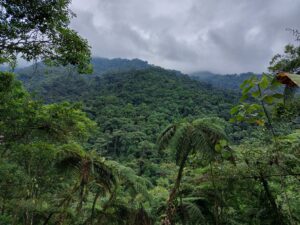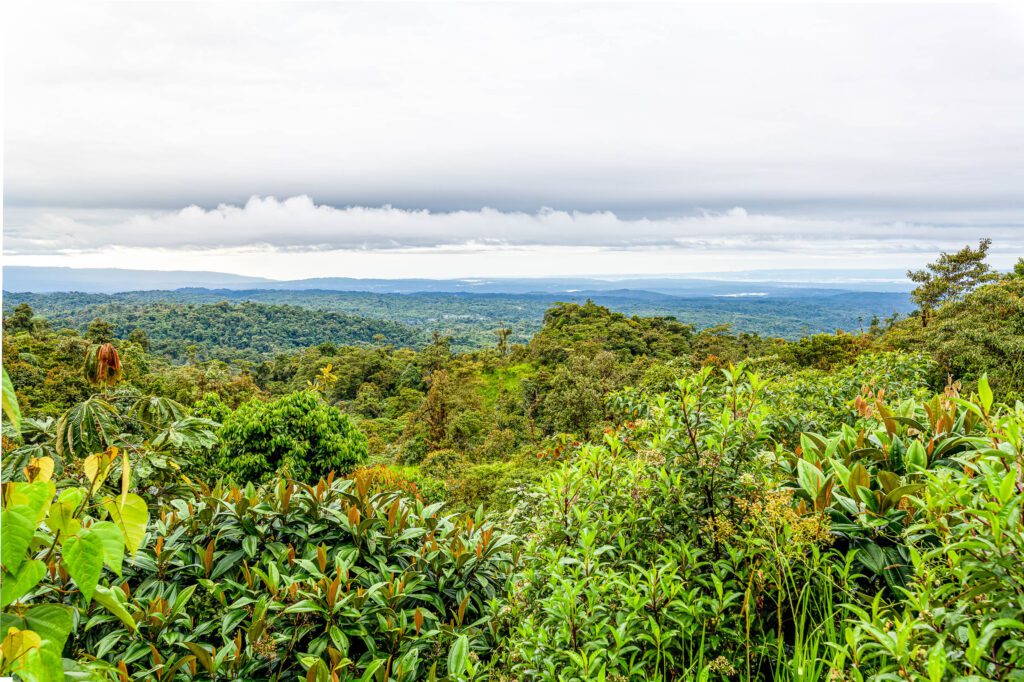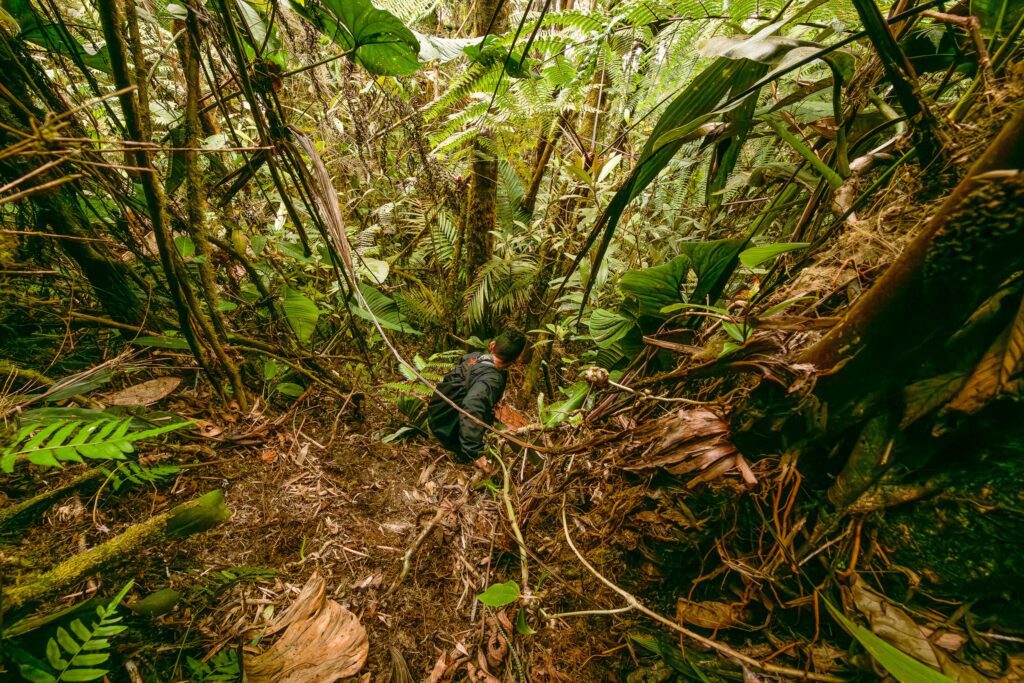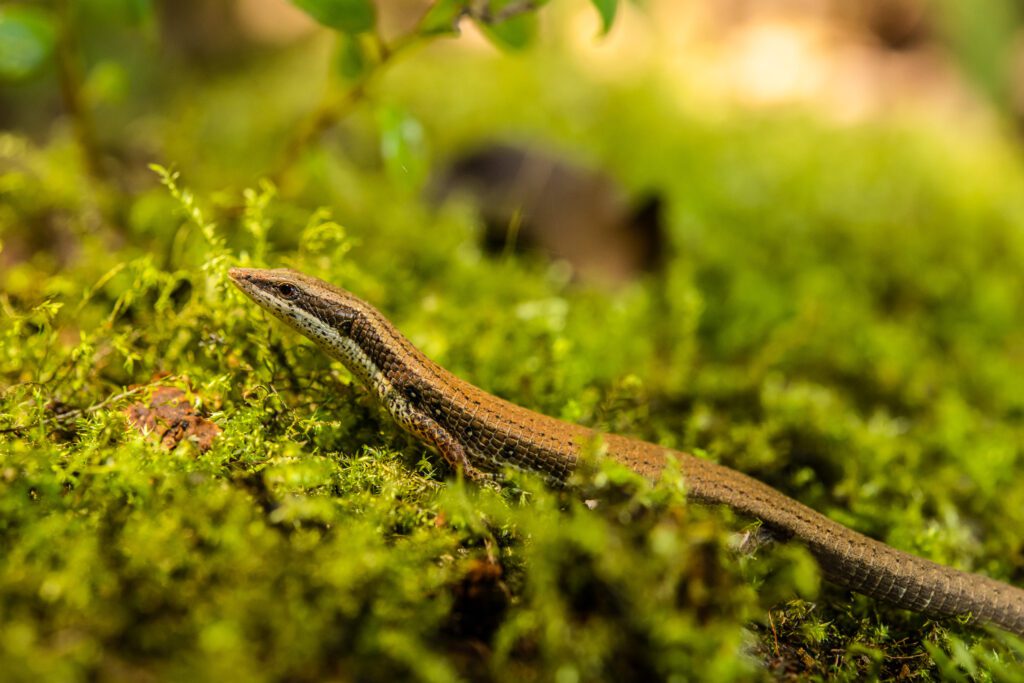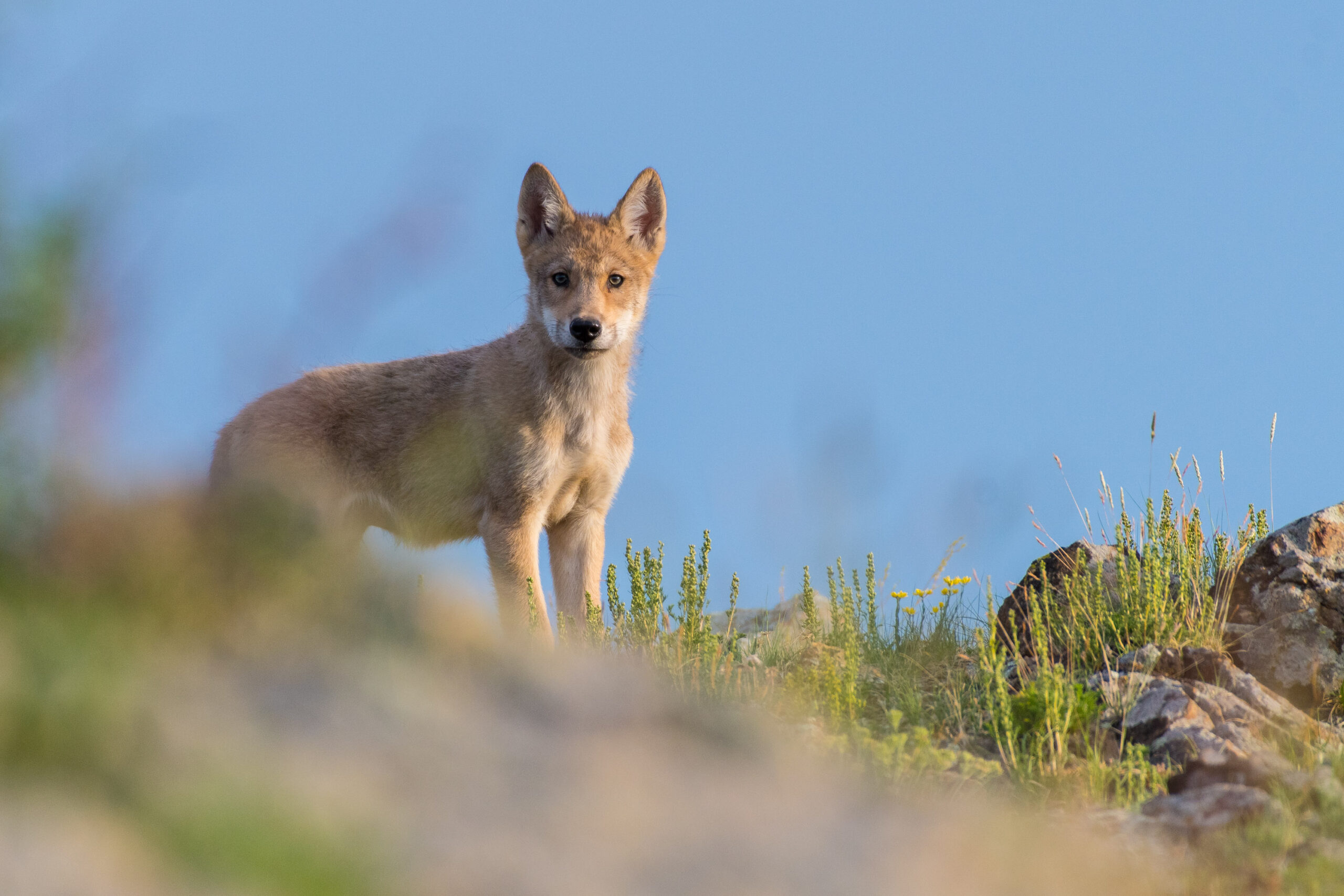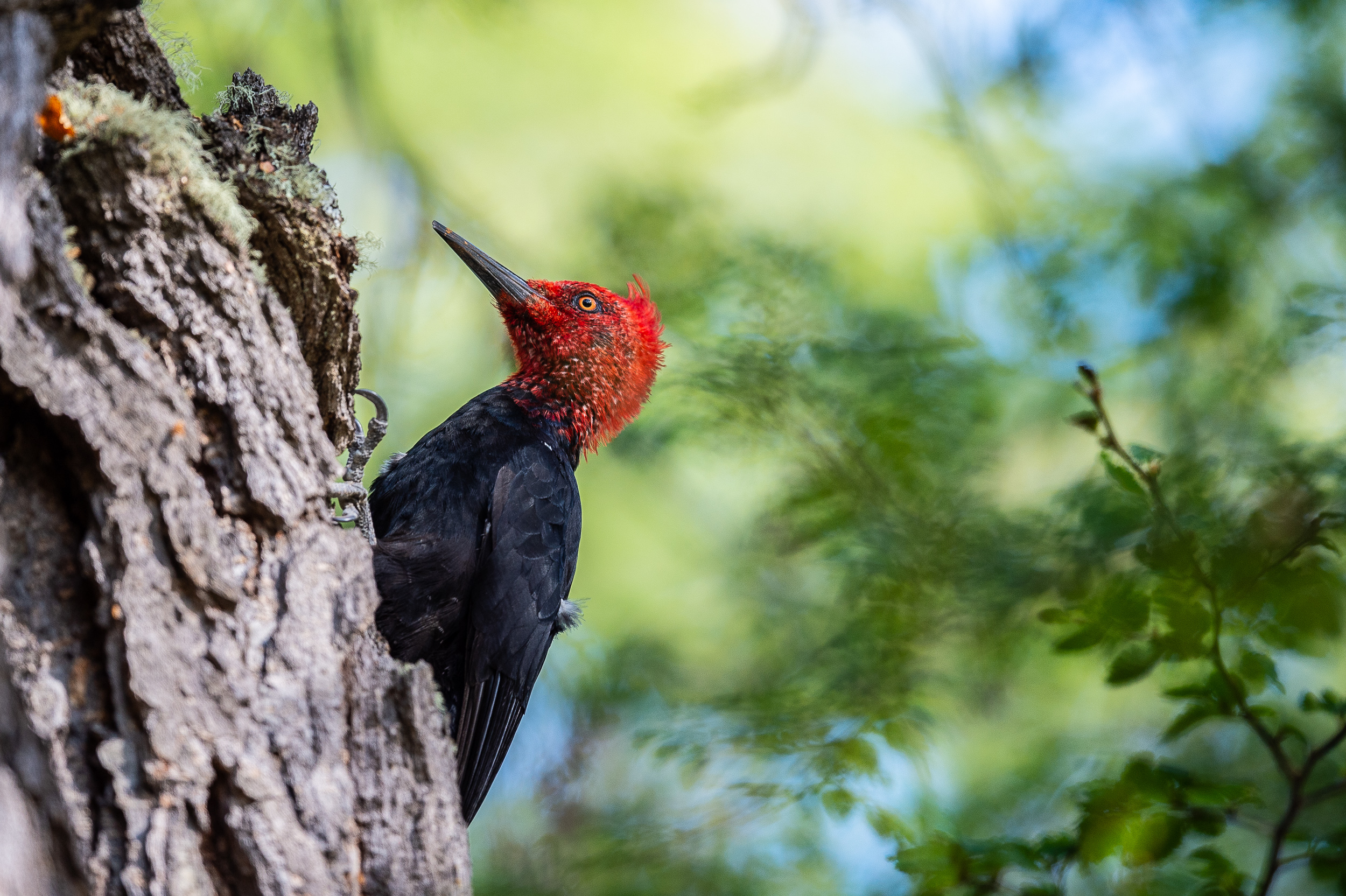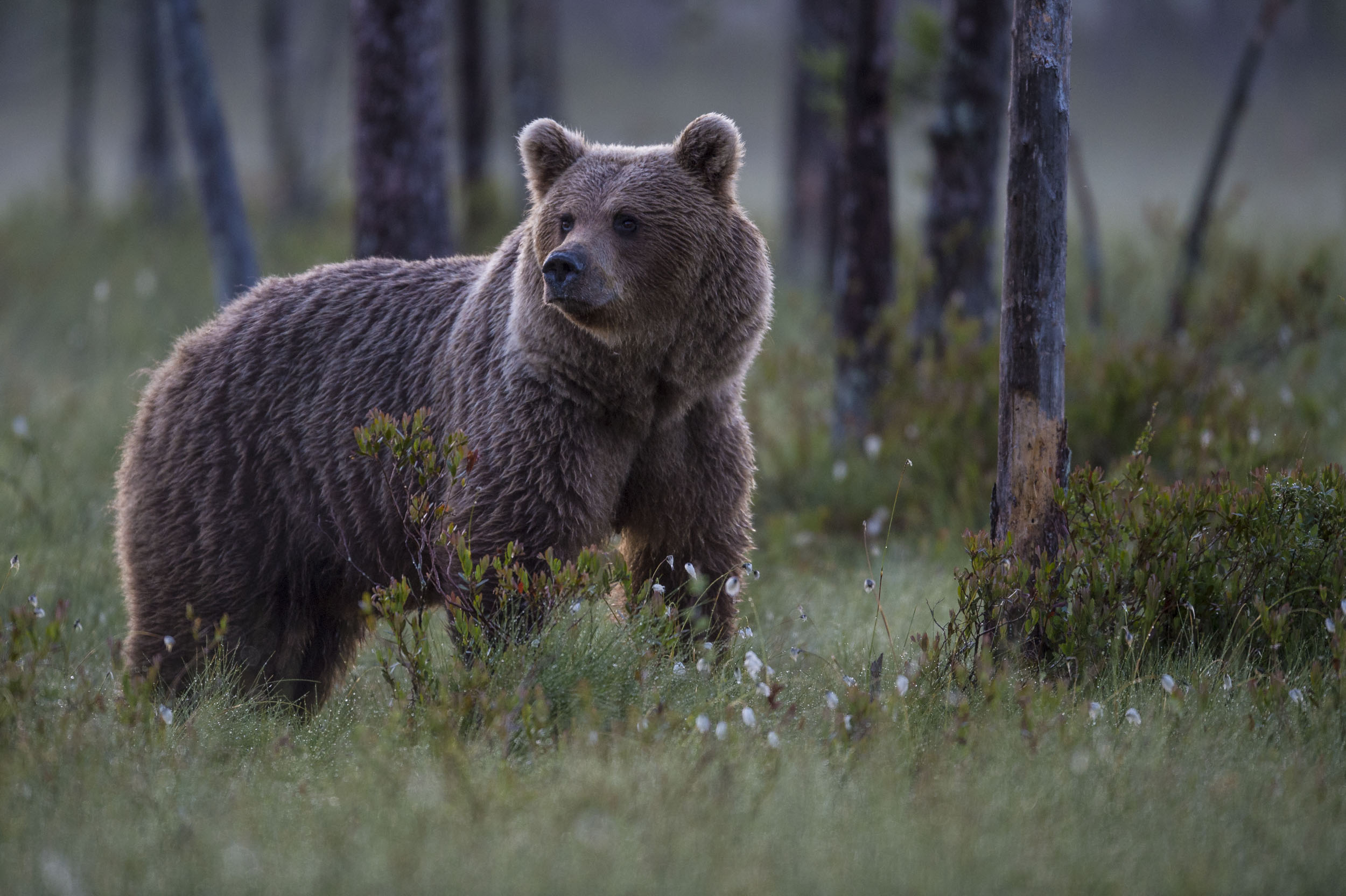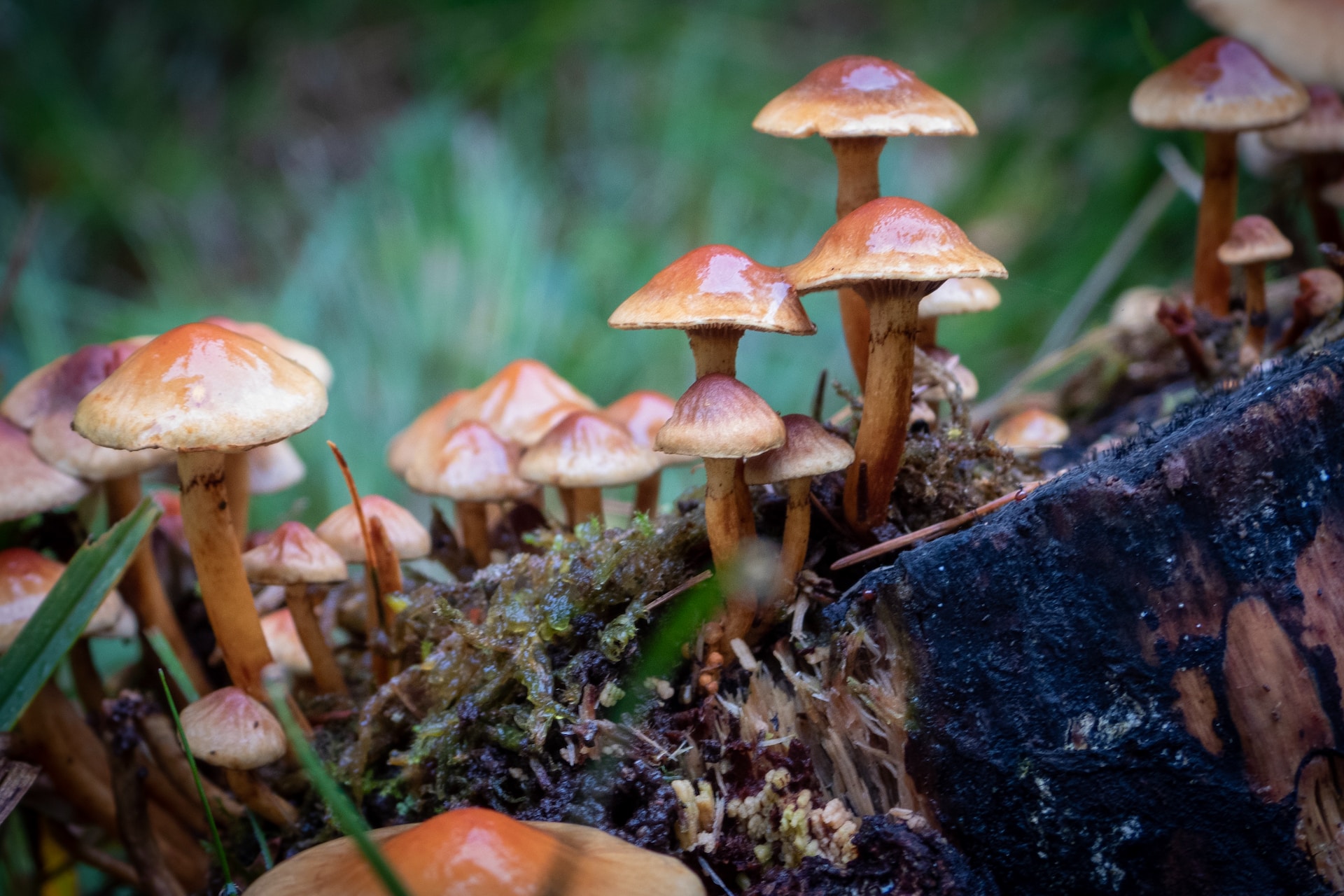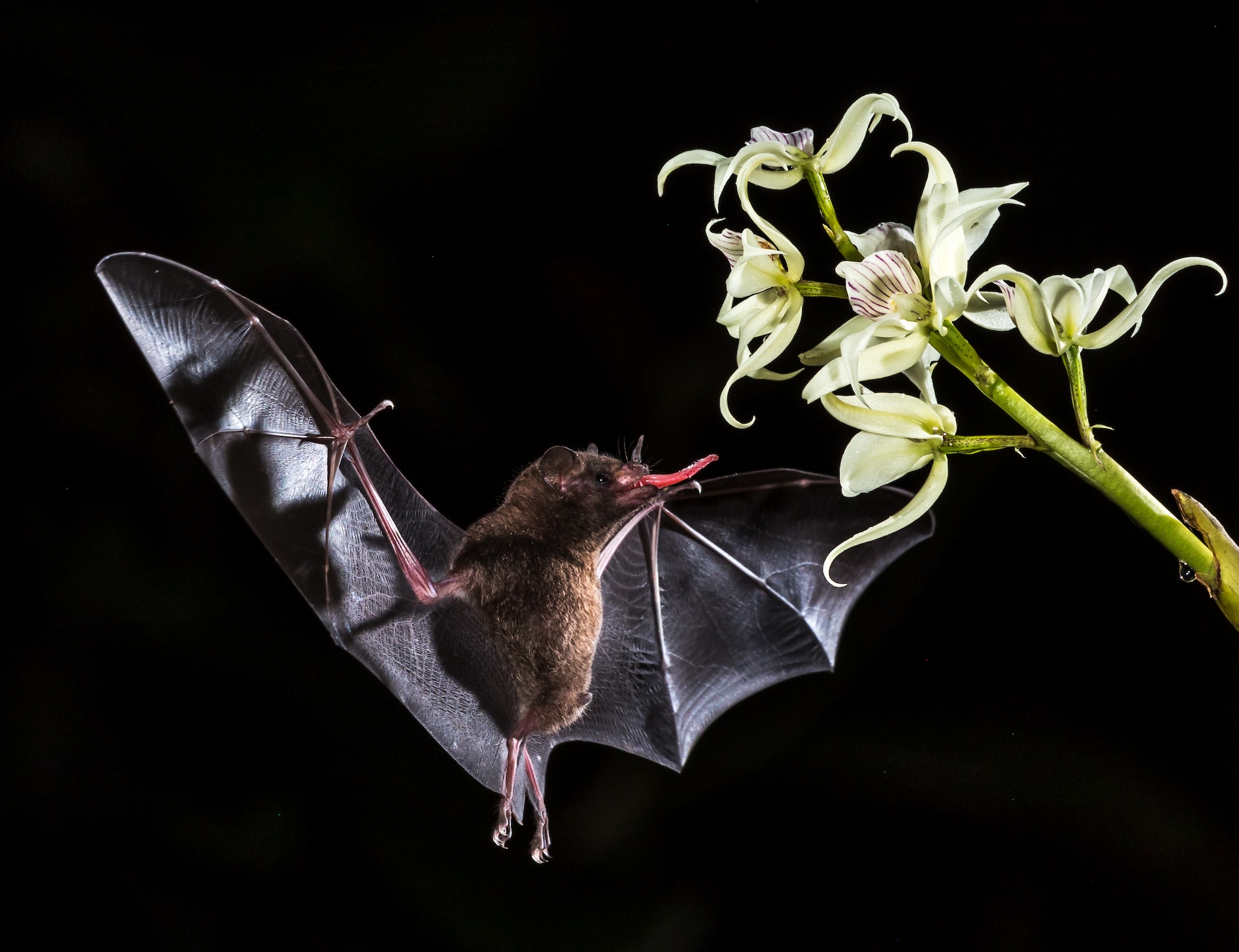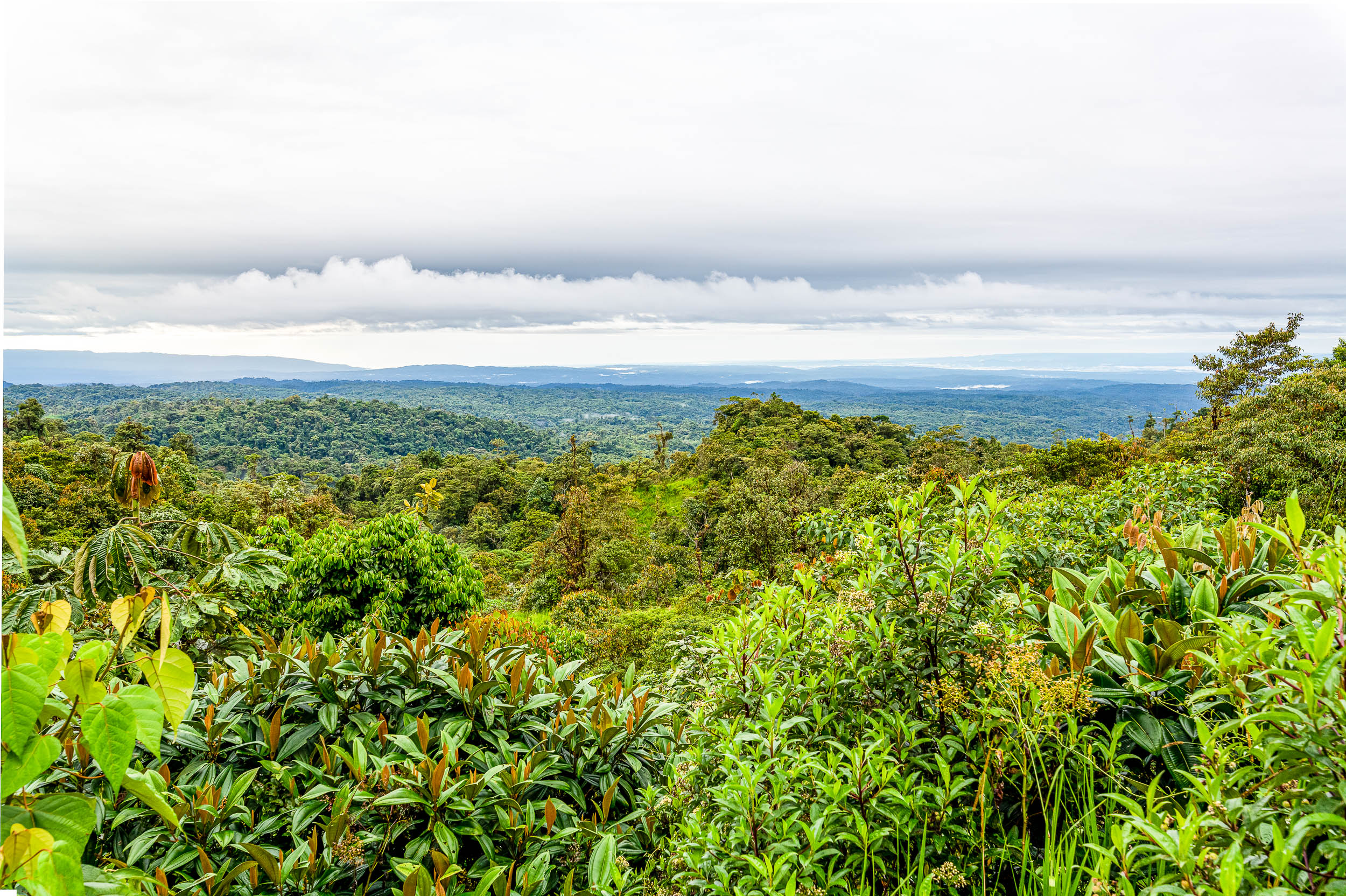FOREST
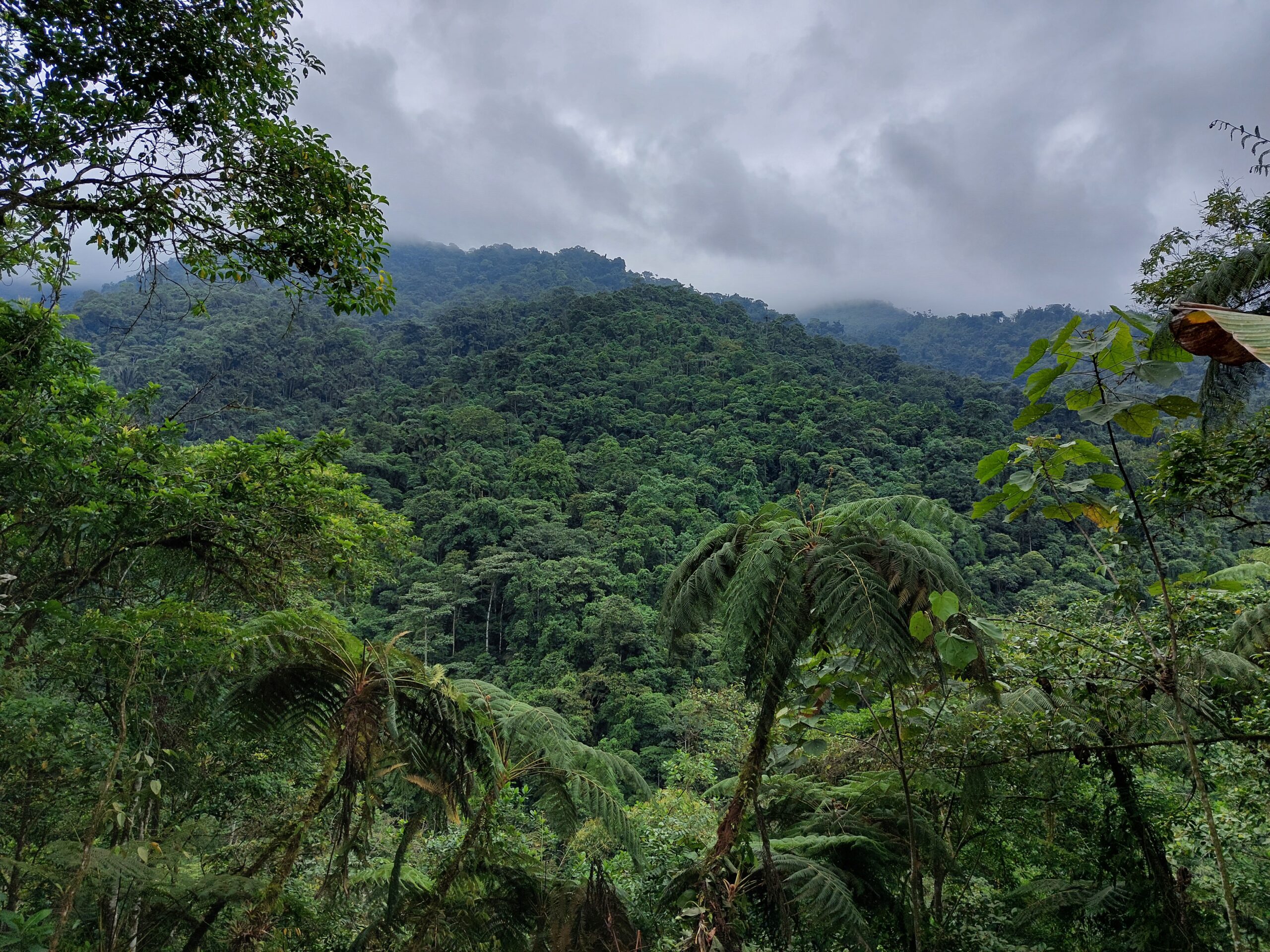
Why is it so important to protect and restore our forests?
Forests serve as crucial habitats for countless plant and animal species, supporting biodiversity and maintaining delicate ecological balances. They also act as significant carbon sinks, mitigating the impacts of climate change. In addition, forests play a vital role in water regulation, helping to maintain clean water supplies and preventing soil erosion. Forests also provide valuable resources, supporting local economies, and offer recreational value to numerous people all over the world.
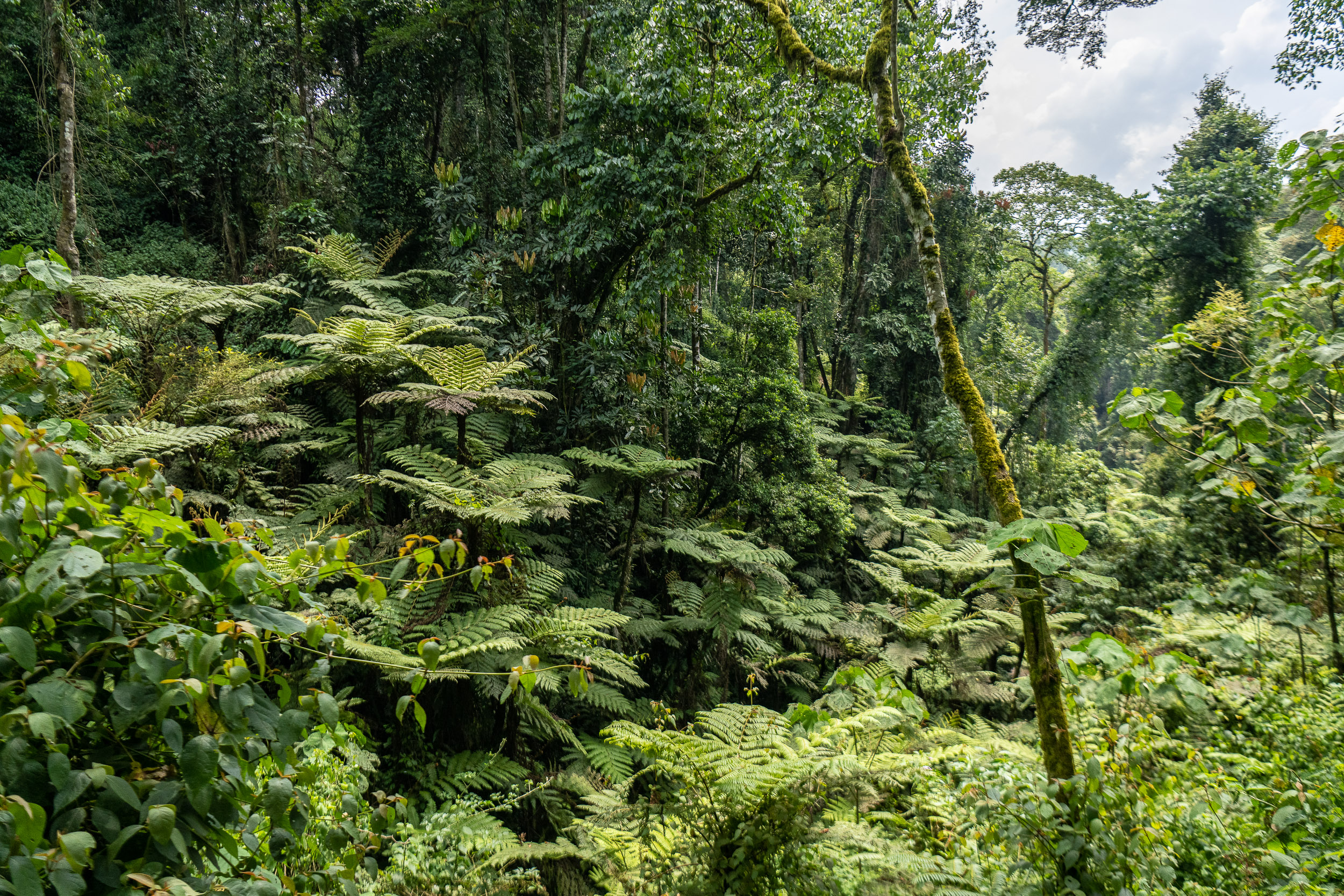
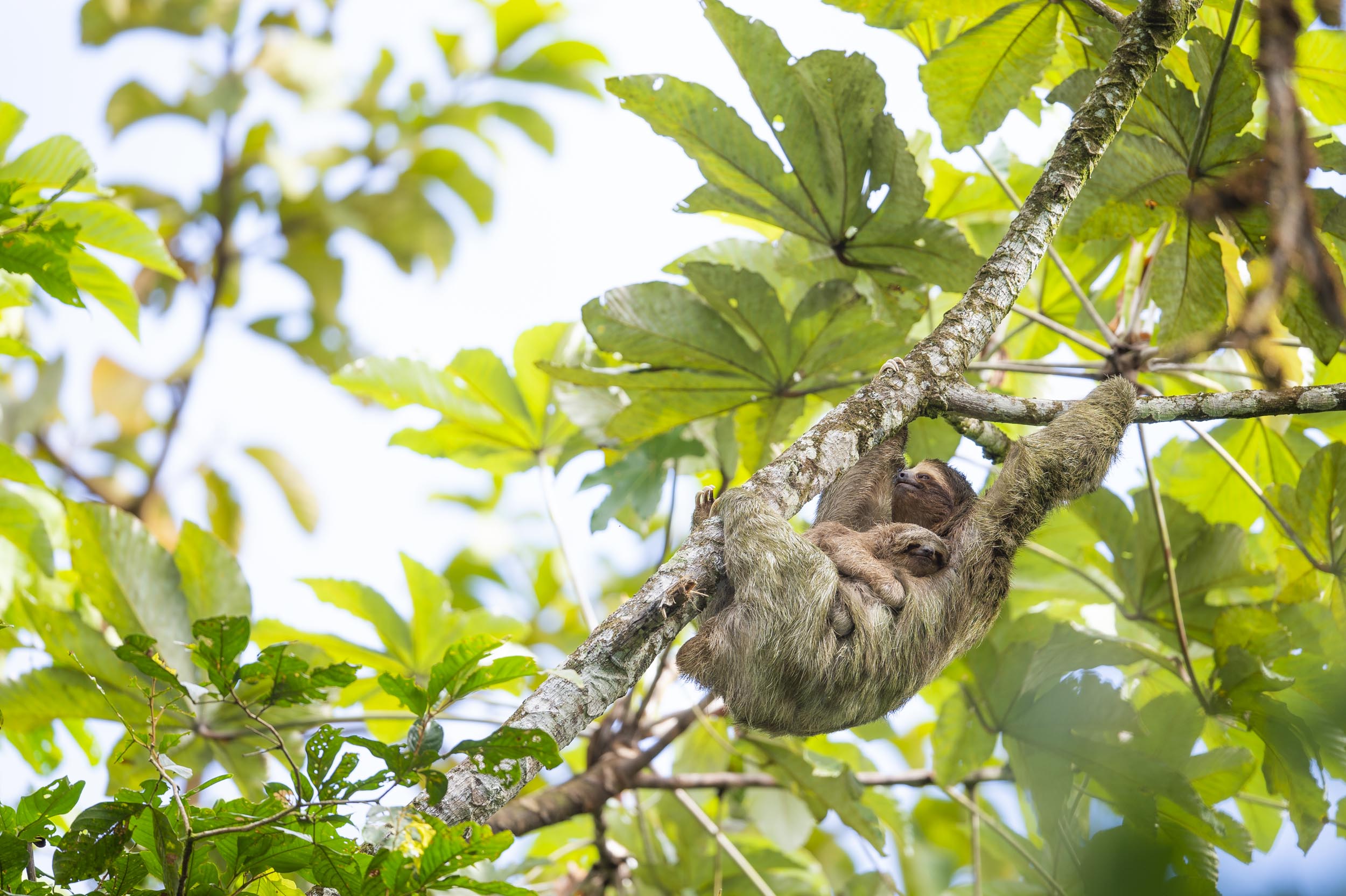
2,400,000,000
30%
1,600,000,000
How can we best support our forests?
Land acquisition and protection
By acquiring and preserving key land areas, we can create protected areas, wildlife corridors, and nature reserves that provide essential habitats for endangered species and contribute to the overall health of ecosystems.
Protecting/restoring keystone species
The protection and restoration of keystone species are vital for the well-being of habitats. By ensuring their survival, we contribute to the preservation of biodiversity, promote ecological stability, and support the interconnected web of life.
Community-based conservation
The active participation of local communities and indigenous groups in the planification and management of protected areas are the best long-term insurance to mitigate threats such as poaching, illegal logging, and habitat destruction, while recognizing and respecting cultural values and local livelihoods.
Planting trees
By participating in tree-planting initiatives, we contribute to combating climate change, improving air quality, restoring habitats, and fostering biodiversity.
Rewilding
We let nature run its course and enable natural processes to repair damaged ecosystems. The result: more biodiverse habitats
Keystone species in forests
Keystone species have a key role in the functioning of a habitat, as they have a cascading effect on other species in an ecosystem. It is crucial to protect keystone species to ensure habitats’ health. For habitat restoration purposes, it can also be beneficial to reintroduce keystone species in certain areas. Here are some of the keystone species crucial for forests:
Lynx
- least-concern
- Stable (Eurasian lynx)
Wolves
- least-concern
- Increasing
Woodpeckers
- least-concern
- Most populations are increasing, while there are only 50-249 mature individuals left of the Okinawa woodpecker
Bears
- least-concern
- Stable (110,000 brown bears)
Fungi
- data-deficient
- No data available
Bats
- least-concern
- Decreasing
Feel like supporting our forests together with us?
Support one of our projects.
We are building a wildlife corridor connecting 3 biodiversity hotspots in the Amazon
- Ecuador
- FOREST
We're protecting and growing the highly threatened Magnolia buenaventurensis tree population
- Ecuador
- FOREST


